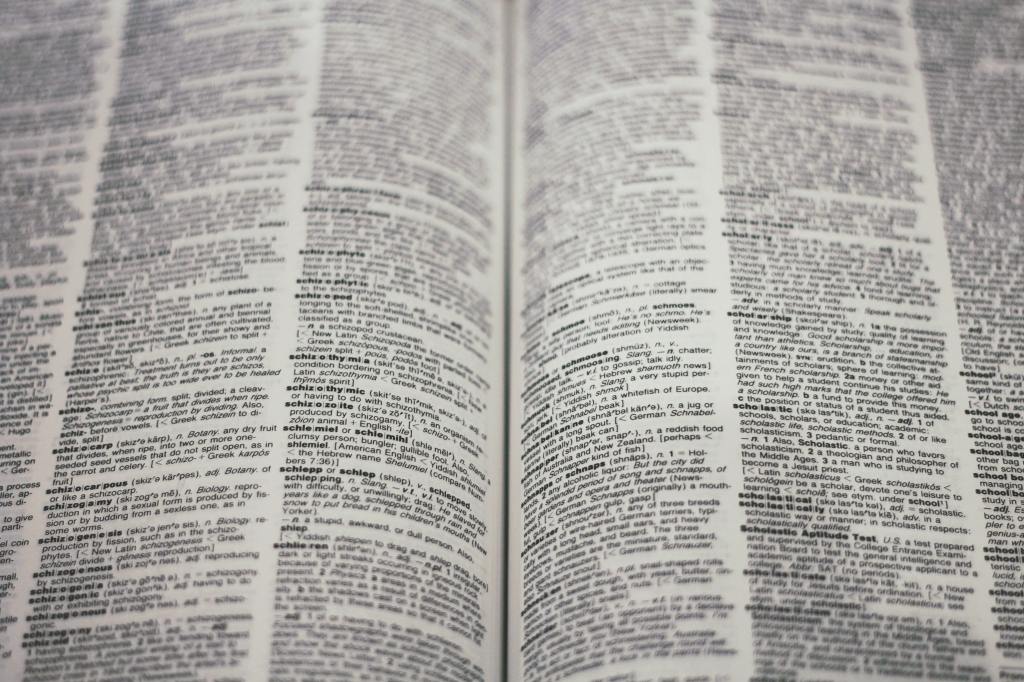Mind Your L#ngu@ge.
I find it interesting that some people consider certain words in the English language to be offensive. If I want to cause offence deliberately (which I generally don’t), I could do so quite easily without using any of these so-called expletives. I say ‘so-called’ because the Oxford English Dictionary defines expletive as: ‘A word or phrase that fills out a sentence or metrical line without adding anything to the sense’. I would argue that swear words can add meaning or emphasis unattainable by the use of any other words.
Many people try to bypass ‘strong language’ by replacing it with softer (or weaker) words, but you’re not fooling me – you’re trying to achieve the same emphasis, but failing. If someone says ‘what-the-flip’ or ‘sugar’, I hear ‘what-the-fuck’ and ‘shit’. Why? Because they are the same thing. And the use of asterisks doesn’t hide anything; if I see f**k or w*nk, I read fuck and wank. Why? Because they are the same thing.

The popular assumption that swearers have underdeveloped vocabularies, or are ignorant, lazy or stupid, is not borne out by the research. How can using more words be limiting your vocabulary? Many studies* – neurological, physiological, psychological and linguistic – have shown that swear words can be more evocative than other language stimuli. When people use them to express pain, hurl abuse, convey emotion or simply colour their language, there can be a feeling of satisfaction, release, even amusement or delight.
In the context of etymological history, these taboos make even less sense. At one time, (and sadly, still in some countries) blasphemy was considered a crime worthy of severe punishment. People subverted this by warping these banned utterances: God Blind Me became Gor Blimey; Christ morphed into Crikey; Bloody Hell sanitised to Blooming Heck. Others became more acceptable: bloody, now considered very mild, was considered a serious profanity from the mid-18th to early 20th centuries. Other words have changed their meanings over time. To fuck once meant to strike or beat – windfucker was a 16th-century word for kestrel.

And so we come to the C-word, which I refrain from using here because I know it causes more offence than any other, even amongst a lot of women who swear. Having said that I know of women who use it (but perhaps it’s their prerogative, like people of African descent using the N-word). Still, according to the OED, in the 13th century, it was used to describe topographical features such as a cleft in a hill or mound and appeared in several place names, e.g. Shauecuntewelle in Kent, now Shinglewell and Kuntecliue in Lancashire, now Lower Cunliffe. They’ve all changed their names now, except Scunthorpe…
I have to say, a large percentage of the books I read (including literary fiction) have swearing in them (so they must have got past agents and publishers), and most of the people I know either swear or are tolerant of it. However, exposing young people to these words in literature is prevented by self-appointed gatekeepers … fearing what – parents? I’ve watched several teen series on Netflix where the characters swear (like most teenagers do, even if not in front of adults). It’s weird to me that this is okay on TV, but the literary gatekeepers want to keep it out of the bookshops, especially as most teenagers buy their own books anyway. So, in my current work-in-progress, a novel aimed at mid-teens, the main character swears just like a real person. If she didn’t, she would be someone else and the story wouldn’t work. I wonder if it will be kept at barge-pole distance, even if it’s good enough to publish… Of course, I know many great books and characters exist and thrive without these taboo words. I, however, enjoy the extent of the whole vocabulary available to us. To me, these words are all part of the richness of the English language. Sure, some people overuse them, but I find the emphasis and tone they add can carry meanings and intensity that can’t be achieved in the same way otherwise. Does this mean I (and other writers) lack the literary skills to word things differently? I feel some characters just wouldn’t be authentic if they didn’t swear.

I don’t hold with the view that people who get offended by certain words choose to take offence – I believe it’s a result of conditioning by any combination of society, culture, upbringing, or religion. But I think they could consider why they get offended and maybe let those who are not upset get on with using and enjoying the richness and diversity of this continually evolving language.
I would not deliberately swear for the purpose of causing offence, but I see it as a legitimate part of communication. That said, out of consideration for others’ feelings, I will avoid it in certain company: I would not swear in front of my mother for instance.
I know this will be related to everyone’s personal taste, upbringing, and spiritual leanings, so though I fail to understand the censorship of specific words, I accept personal opinions on the matter. What I object to is people forcing their standards on others without giving them the freedom to choose for themselves.
I would be happy to hear your thoughts, but not your rants.
*I won’t list the sources here – you can find them easily yourself if you want.


Thanks Karen. Lalochezia has now entered my vocabulary!
Great post, Geoff – thank you 🙂 I thought you might like to know a lovely word – ‘lalochezia’ – which is the relief from pain (physical or emotional) experienced after the use of profane language. Isn’t it great that there is a word for this?